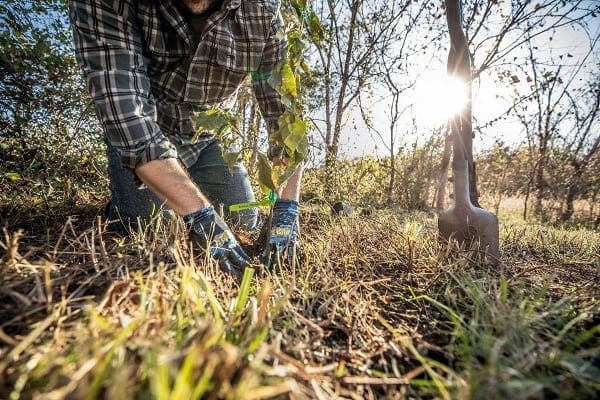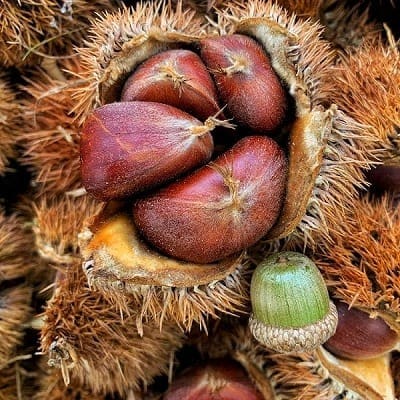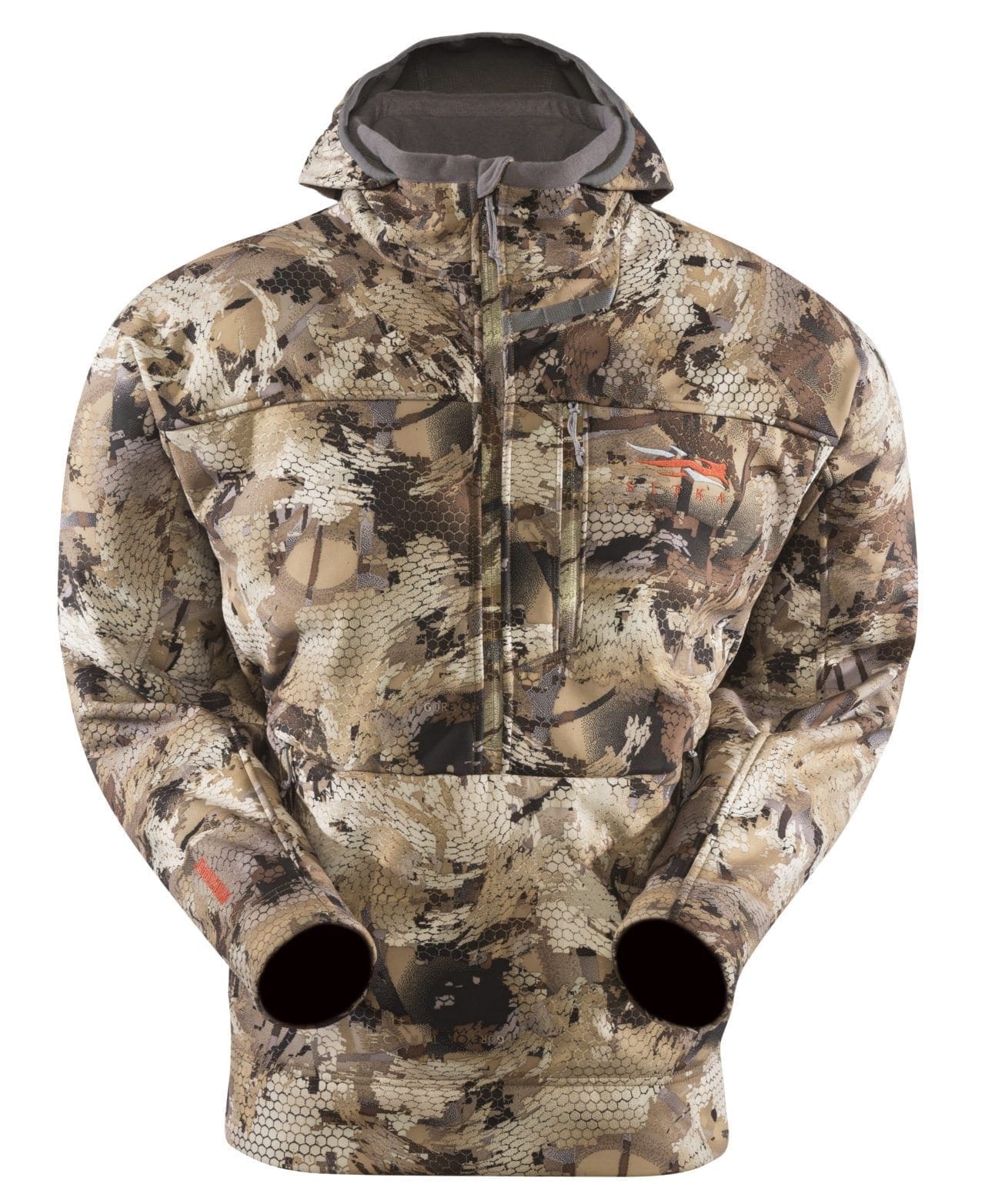Chestnut Hill Outdoors Dunstan Chestnut Trees

If you are in search of the perfect food plot tree, look no further than the Dunstan chestnut tree by Chestnut Hill Outdoors. Deer flock to the sweet-tasting chestnuts produced by this remarkable tree. The Dunstan chestnut trees produce large annual crops that will keep deer and other wildlife coming back for more all season long.
Chestnuts aren’t only sweet, but they also offer superior nutrition compared to other mast trees. Chestnuts are high in carbohydrates and high-quality proteins that are essential for deer, especially large bucks, to grow. Given the opportunity, deer will choose sweet-tasting chestnuts to bitter-tasting acorns every time.
Chestnut Hill Outdoors offers the Dunstan chestnut tree for a reason – it’s special. The chestnut tree was almost completely destroyed by a bark fungus accidentally introduced from the Orient in 1904. Within 40 years, over 30 million acres of chestnut trees were killed from Maine to Georgia and west to the Mississippi. This tragedy was the largest ecological disaster in American history.

Noted plant breeder Dr. Robert Dunstan has bred the Dunstan chestnut to be resistant to disease, grow quickly (faster than oak trees) and bear large annual crops of sweet chestnuts. As for tree plots, this breed of tree is unmatched.
Dunstan chestnuts are clearly a superior tree for attracting deer. These trees are easy to grow and thrive in many different kinds of locations. Once planted, these trees will bear delicious, deer-craving chestnuts within two to four years and produce heavy crops of chestnuts every year – without skipped years like other plot trees. When the trees begin to bear, the chestnuts will ripen in September and October and most fall from the burs for easy harvest, which makes them perfect for deer plots.
For more on selecting and protecting the right food plot and deer attractant plants, visit ChestnutHillOutdoors.com, or call (855) 386-7826.
Chestnut Hill is the best place for you to purchase your food plot and deer attractant plants because they offer a large selection, their plants are specifically bred to attract deer, and they offer customers different sized plants at different levels of growth.
For more information, please visit

